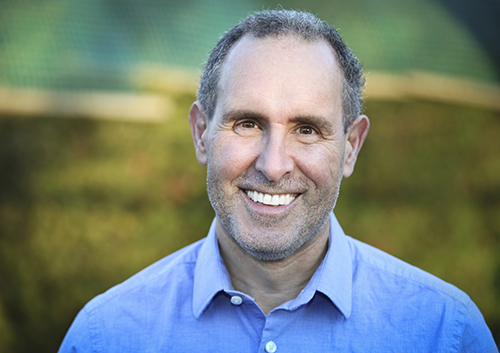The Root of the Matter
October 11th, 2023

A strong, healthy smile is built on a strong, healthy foundation. Let’s take a moment to explore just what creates that foundation—your roots.
The Root of the Matter
The visible part of your tooth is called the crown. And while we spent the great majority of our time thinking about what goes on above the gum line—brushing, flossing, whitening, sealing, preventing cavities—the roots, the parts of the teeth below the surface, are also essential to our dental health.
- What’s inside the root?
The inside of each tooth holds pulp, which is living tissue made of nerves, blood vessels, and connective tissue. The nerves in the pulp allow us to feel pain when a tooth is damaged, decayed, or infected. Tiny blood vessels provide oxygen and nutrients to the cells.
The inside of each root also contains pulp, located in one or more root canals. These canals are small tunnels that travel from the pulp chamber to the tip of each root. Nerves and blood vessels connect pulp tissue to the nervous and circulatory systems in the body, entering and exiting the tooth from very small openings in the root tip.
- What’s outside the root?
On the outside, while roots look like crowns, they’re covered with a different protective surface. Roots are covered by cementum rather than enamel. This is a hard tissue, but not as hard as enamel. But cementum has another advantage—it not only helps protect our teeth, it helps them stay anchored in our jaws. (More on this below.)
- How many roots are we talking about?
The number varies, not just depending on the tooth, but depending on the individual. Most adults have 32 adult teeth: eight incisors, four canines, eight premolars, eight molars, and four wisdom teeth, or third molars. Because the number of wisdom teeth can range from four to zero, though, that total can be smaller.
Rooted to the Spot
The reason that you can rely on your teeth for a lifetime of chewing, biting, and grinding food is the fact that they’re so securely anchored in the jaw.
- Alveolar bone in the jaw contains a socket for each tooth.
- A thin layer of connective tissue called the periodontal ligament lines the socket and surrounds each root. It’s filled with fibers that attach to the root’s cementum covering and to the alveolar bone, holding the tooth securely in place.
- The periodontal ligament not only anchors the tooth, it cushions it from the daily pressure of biting and chewing.
- Finally, the gums surround the teeth and bone, protecting them from bacteria and plaque.
Even though this design is very secure, there are situations where the root becomes vulnerable. In that case, you should see Dr. Carl Meyers at our West Bend, WI office right away. Our goal is for you to keep your teeth healthy and strong, and for a lifetime!






